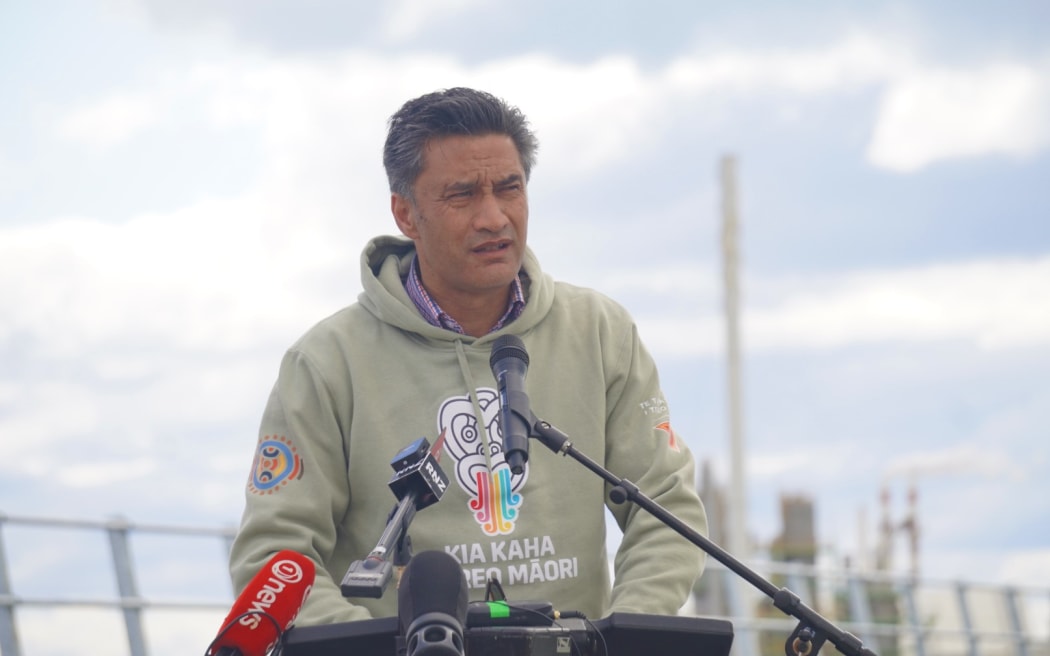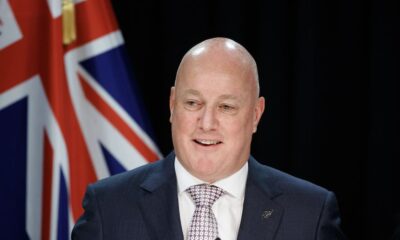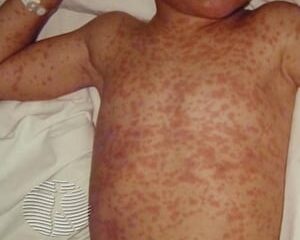Politics
Ngāti Kahungunu Establishes Own Māori Health Authority Amid Crisis

In a significant move to address ongoing health disparities, the North Island East Coast iwi, Ngāti Kahungunu, has announced the establishment of their own Māori health authority. This new initiative, named Te Toka Tū Moana o Ngāti Kahungunu, aims to provide a holistic, whānau-centred health service that reflects the iwi’s unique cultural values and aspirations.
Bayden Barber, chair of Ngāti Kahungunu Iwi Incorporated, described the authority as a vehicle for equity and healing. “It’s a reclamation of our right to design and deliver health solutions that reflect our tikanga, our whakapapa and our vision for thriving whānau,” he stated. The authority seeks to empower the community by prioritizing their health needs and preferences.
The formation of this health authority follows the disestablishment of the short-lived Te Aka Whai Ora Māori health authority, which prompted various regions across New Zealand to create independent health authorities. With a population of approximately 97,751, Ngāti Kahungunu is the third-largest iwi in the country. Recently, they completed a two-month outreach initiative, engaging with members from regional Taiwhenua and urban taurahere groups to discuss health concerns.
Barber highlighted pressing issues faced by the community, stating, “Our people are concerned about the health and well-being of their whānau.” He noted that many elders are experiencing social isolation, while youth are grappling with mental health challenges. Additionally, families often struggle to access affordable healthcare services when needed.
The establishment of the health authority represents a pivotal step towards a brighter health future for Ngāti Kahungunu. Barber emphasized the importance of self-determination, citing both Te Tiriti o Waitangi and the Ngāti Kahungunu Declaration of Rights as foundational documents that support their right to self-governance in health matters. “We will build our Whare Rangatira one pou at a time,” he asserted.
Statistics from Stats NZ reveal a troubling reality: Māori life expectancy continues to lag behind other ethnic groups in New Zealand. Barber pointed out that the nation’s health sector is currently facing a crisis. “We have relied on the mainstream system for decades, yet our Kahungunu statistics in every health category continue to languish behind non-Māori,” he explained. This initiative aims to provide hope and improved health outcomes for the community.
Chrissie Hape, chief executive of Ngāti Kahungunu Iwi and former chair of Health Hawke’s Bay, expressed concern over the current state of health services. She revealed that an estimated 9,000 Māori families in Hawke’s Bay are not enrolled in any general practice, with many GP surgeries unable to accept new patients. “It is unacceptable that whānau are not able to access affordable basic primary care services in 2025,” she said. Hape added that the high number of whānau seeking care at emergency departments underscores the urgent need for better access to healthcare.
The launch of Te Toka Tū Moana o Ngāti Kahungunu marks a critical step towards addressing these issues. As the iwi moves forward with its plans, there is a shared commitment to prioritizing the health and well-being of their community, fostering an environment where every whānau can thrive.
-

 Sports2 months ago
Sports2 months agoNetball New Zealand Stands Down Dame Noeline Taurua for Series
-

 Entertainment2 months ago
Entertainment2 months agoTributes Pour In for Lachlan Rofe, Reality Star, Dead at 47
-

 Entertainment3 weeks ago
Entertainment3 weeks agoNew ‘Maverick’ Chaser Joins Beat the Chasers Season Finale
-

 Sports2 months ago
Sports2 months agoSilver Ferns Legend Laura Langman Criticizes Team’s Attitude
-

 Politics4 weeks ago
Politics4 weeks agoNetball NZ Calls for Respect Amid Dame Taurua’s Standoff
-

 Sports14 hours ago
Sports14 hours agoEli Katoa Rushed to Hospital After Sideline Incident During Match
-

 Entertainment2 months ago
Entertainment2 months agoKhloe Kardashian Embraces Innovative Stem Cell Therapy in Mexico
-

 World3 months ago
World3 months agoPolice Arrest Multiple Individuals During Funeral for Zain Taikato-Fox
-

 Sports3 months ago
Sports3 months agoGaël Monfils Set to Defend ASB Classic Title in January 2026
-

 Entertainment1 month ago
Entertainment1 month agoTyson Fury’s Daughter Venezuela Gets Engaged at Birthday Bash
-

 Sports1 month ago
Sports1 month agoHeather McMahan Steps Down as Ryder Cup Host After Controversy
-

 World2 weeks ago
World2 weeks agoSevere Winds Hit New Zealand, Over 100 Flights Canceled

















